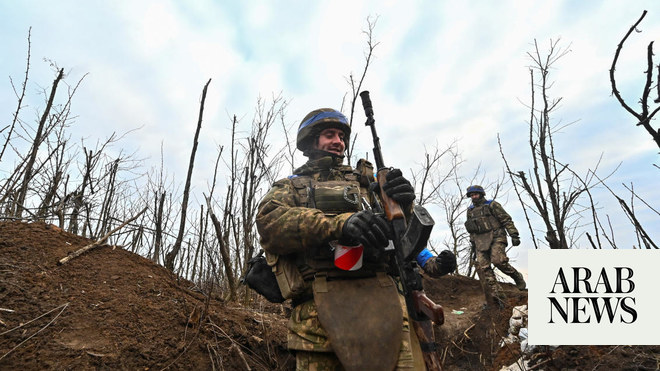
Sweeping new UK sanctions that can hit any company or individual that is either benefiting from or giving support to the Russian government have been tabled by ministers.
The sanctions will come into effect only if Russia invades Ukraine, but the measures, tabled on Thursday, dramatically broaden the range of people who might be affected. Previously, they were restricted to those Russians deemed by ministers to be destabilising Ukraine, or threatening its sovereignty.
The regulations imply ministers could hit a range of Russian oligarchs residing in the UK, or possessing assets in British Overseas Territories.
“Being involved in the support of the government” as defined by the regulations, includes being involved in a business of a Russian government-affiliated entity, a business of economic significance to the Russian government or working for a business of strategic significance to Russia.
The government of Russia is defined as the presidency of the Russian Federation, public bodies subordinate to the presidency, the chairman and deputies of the chairman of the Russian government, the Russian Central Bank and any Russian government ministry.
Strategic sectors are defined as chemicals, construction, defence, electronics, energy, financial services, transport and digital technologies.
The regulations were tabled just before parliament went into recess. The Foreign Office said they will be subject to an eventual affirmative vote by MPs but can come into force in the interim.
The Europe minister, James Cleverly, insisted ministers had temporary powers to bring the sanctions into force without a vote by MPs. He told the Commons: “This will amount to the toughest sanctions regime against Russia that we have had and mark the biggest change in our approach since leaving the European Union.
“We are moving at pace to ensure, where possible, that sanctions regimes are in place ahead of any invasion … We will continue to take actions that dissuade Russian aggression towards Ukraine, and we will always do so in close coordination and co-operation with our international allies.”
There was criticism from opposition MPs at the last-minute tabling of the sanctions laws before the recess, amid claims that the scale of the measures had proved problematic for government lawyers. In the Commons, the shadow foreign secretary, David Lammy, urged ministers to press ahead with “other ignored or delayed measures against Russian oligarchs including the economic crime bill, the reform of Companies House, the register of overseas entities bill, the foreign agent registration law, and the new counter-espionage laws”.
Alyn Smith, the SNP foreign affairs spokesperson, pointed out in a letter to the Foreign Office that “the list of those sanctioned under the current sanctions regime has not changed since July 2020. It is concerning that, although legislative mechanisms already exist to sanction individuals involved in Putin’s aggressive manoeuvres, they have so far not been utilised. This gives the impression to members across the House that the [Foreign Office’s] current strategy is one of tough rhetoric but limited concrete action in meaningful deterrence.”











